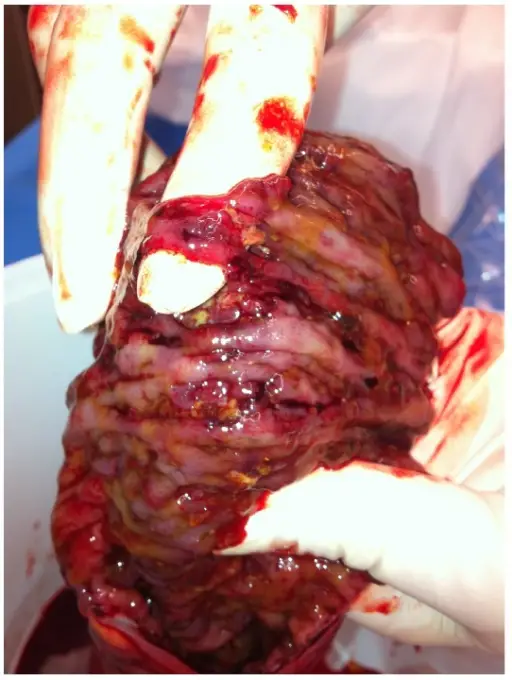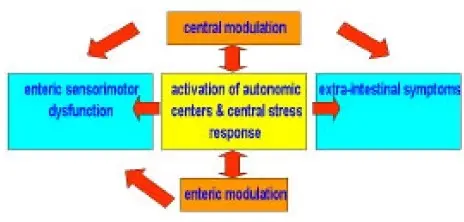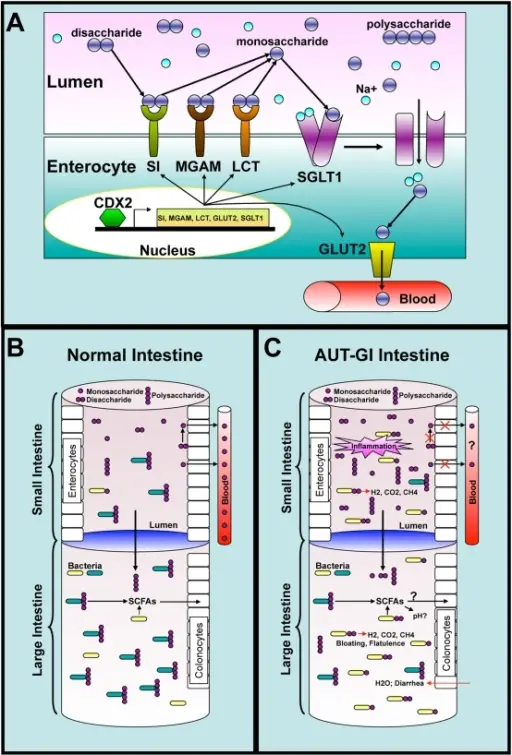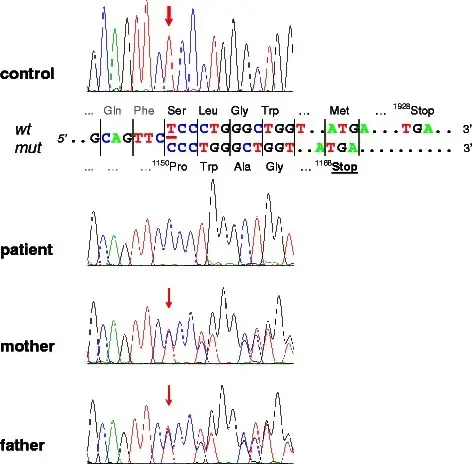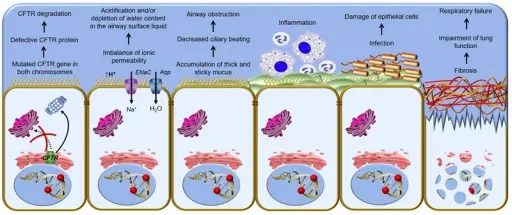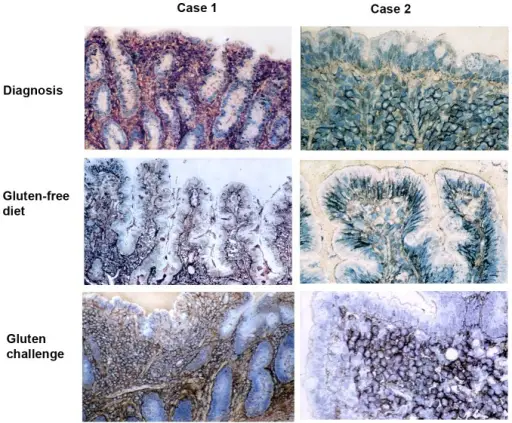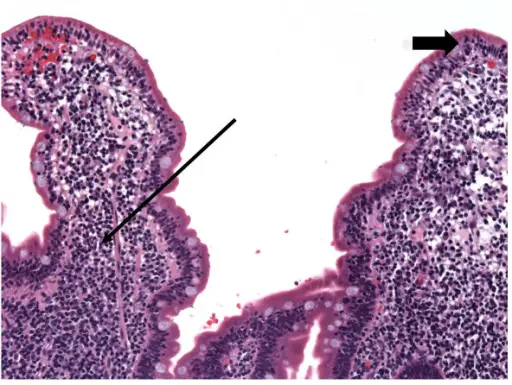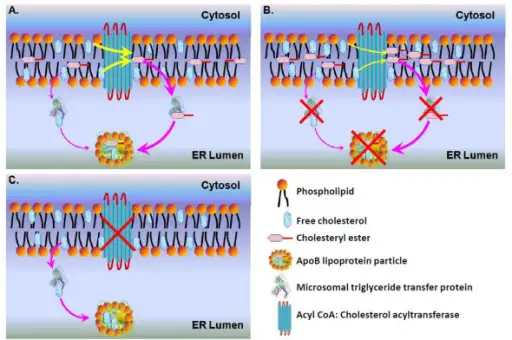What is Campylobacter Enterocolitis?
Campylobacter enterocolitis is a common cause of intestinal infection. These bacteria are also one of the many causes of traveler’s diarrhea or food poisoning. What is the Pathology of Campylobacter Enterocolitis? The pathology of campylobacter enterocolitis is: -Etiology: The cause…


